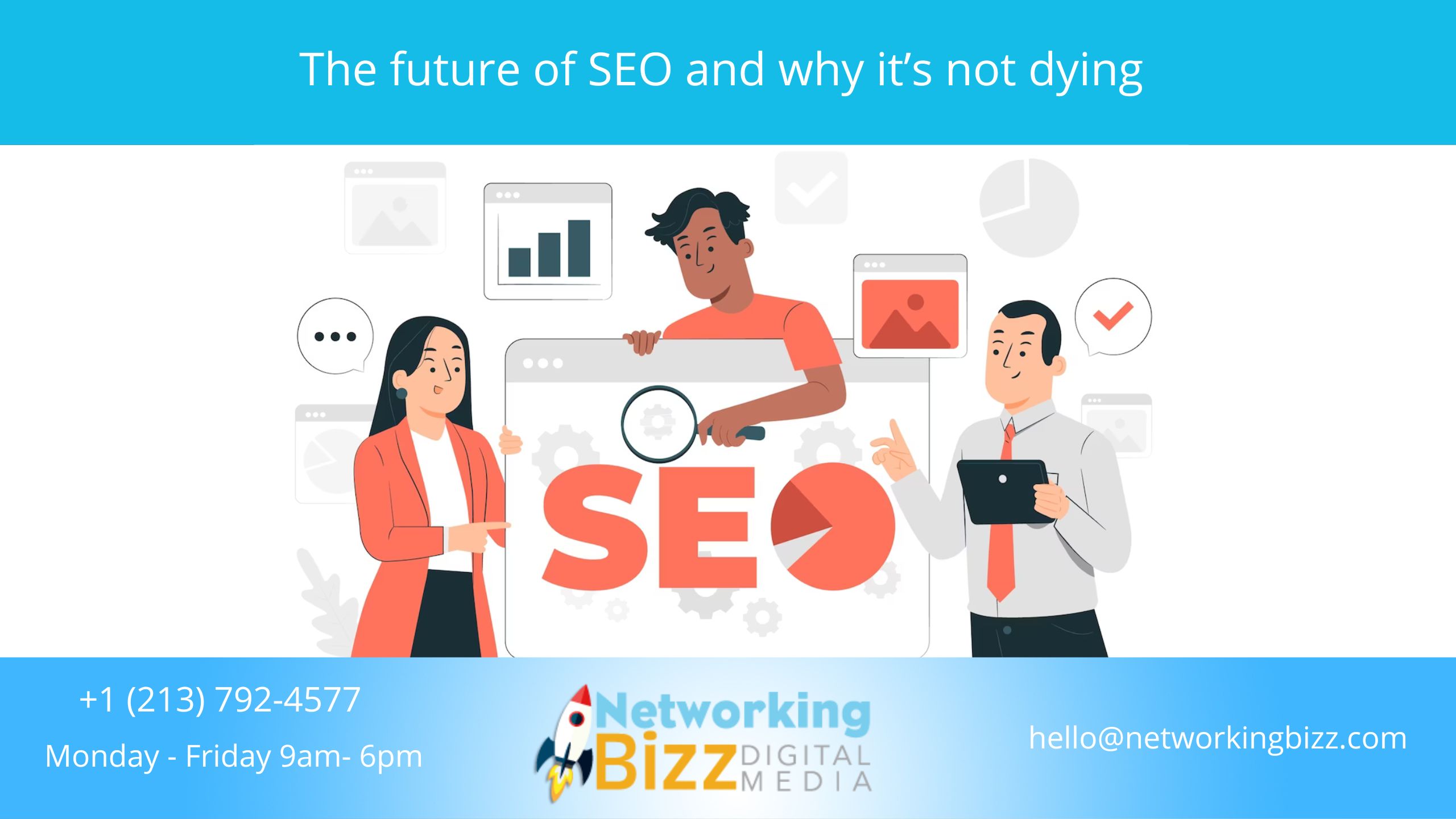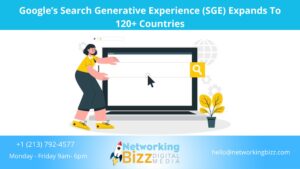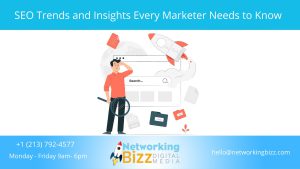As someone who has built a career in SEO, it is hard for me to write the words “death” or “dying” and SEO in the same sentence.
Yet, here I am with one of those topics… I’m here to talk about what is to come in SEO, as prophetic as that sounds, based on the context of the past and what we’re currently seeing.
Change is scary. In SEO, we’ve seen it before. Yet, the constant remains – searchers still need to find our organizations, brands, and clients in search engines.
Over the years, we’ve seen direct answers, more prominent ads, and many other things decrease exposure and click-through rates from organic search results.
Still, we’ve yet to see a worst-case scenario play out. The SEO industry has continued to adapt and become stronger.
What does AI mean for SEO?
Yes, getting on to what all this means. Friends and colleagues have asked me several times in the past few weeks whether SEO is relevant or will exist with the rise of AI.
My answer to each has been that there’s a constant that I don’t see going away.
No matter what the search engines look like or what specific source a person uses to find information or get it from, brands and companies will continue to want to be found by their audiences.
That means, whether it is in Google, in an AI source or on their refrigerator, there is a target audience and a brand-seeking connection.
The vehicle could be a chatbot, AI, connected device, voice assistant, or sentient robot that is a part of our family.
I’m personally interested in and excited about the applications for my agency, businesses, and as a consumer.
I’m sure we’ll see a lot of spam and junk among the cool things and that, like anything new, we’ll have to wait and see a bit.
What to do with AI
Embrace and leverage it! My team and I are using it in our internal processes and testing it for a whole host of things within SEO, digital marketing, web development, and more.
At a time when resources are getting tighter and teams must be as creative as possible for clients, AI has been a blessing.
The way things work now, content quality is still essential. As more content is developed with AI, we will see more “good” content.
But I feel it will be commoditized quickly. That means that there’s still room for “great” content and that great can win.
More specifically, if we’re using AI to create it all, so is everyone else. How much will it take to humanize it and ensure it is on-brand and resonates with our audiences?
While I’m not about 100% turning over content strategy to AI, it can be a great research assistant, first draft writer, etc. (And no, there’s no AI writing in this article. This is all original human content.)
In short, test it, use it, and at least understand what it can and can’t do today and as each new version drops. Don’t ignore it or put your head in the sand.
What if people don’t Google?
Over time, maybe Google’s search engine and results product will be less important as more consumers shift to AI sources to get their information or that information is brought to them.
A colleague and I were talking about this in the past couple of weeks, and I shared that even if Google isn’t the primary interface on mobile, desktop, or through voice search, it still will be a massive source for AI.
Another colleague, in a separate conversation, reiterated that Google has the most information, so despite Bard’s initial disappointment, it could end up being the leader.
Regardless of what wins out, the fact that consumers, businesses, and those seeking products, services, solutions and answers will continue to be who we must think about as SEOs.
If we’re too fixated on search engines and not enough on our target audiences, we’re out of focus and out of touch. That has always been the case in SEO and will remain no matter what.



